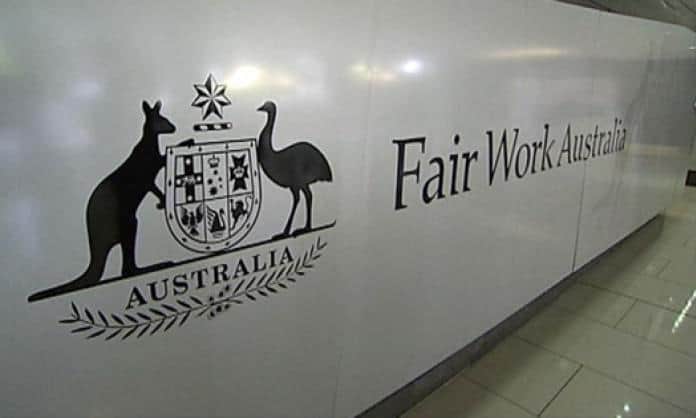
Are you meeting your sexual harassment obligations? Landmark rulings and prosecutions underway…
- DMIRS looking to prosecute big miners for sexual harassment failures
- Fair Work delivers ruling that outside of workplace and workhours conduct does matter
With DMIRS looking at prosecuting Rio Tinto, FMG and BHP for failing to report sexual harassment and being dragged through social media mud in recent weeks, it is an unsettling time for many within the industry.
WA Mines Minister Bill Johnston labelled any industry reference to a lack of regulator guidance as an excuse for systemic workplace sexual misconduct an “absolute disgrace”.
As PeopleStart shared last year, there are now proactive requirements for organisations in the prevention of sexual harassment.
In recent weeks our Director Dayna Edwards has been busy running sexual harassment workshops for a variety of clients.
She said “it’s been great to see our junior miners taking this seriously and doing the right thing, communicating with staff about their obligations, expectations and really highlighting how people can make complaints. It’s so important for staff to know that managers and the Exec team are there to support them, and we are so glad to see our clients embracing this…”
A parliamentary inquiry, launched in July revealed glaring underreporting and more than 250 shocking admissions of sexual misconduct. Amid inquiry hearings, DMIRS was blamed for industry reporting failures by several resources giants, including Chevron.
Peak resource sector body the Chamber of Minerals and Energy declared “a lack of clarity on reporting obligations across jurisdictions” within the legislative framework in their inquiry submission and this has rightly slammed by DMIRS.
PeopleStart believe the core issue here is leadership. People will come forward to report problems if they trust their leadership care and will manage issues appropriately. More reports will come when others see reports are managed effectively and issues are taken seriously. Real change will come when this happens.
If you haven’t yet, we highly recommend both from an organisational risk and compliance perspective, and for culture and positive change, that all companies:
- Check you have a compliant and comprehensive sexual harassment policy
- Ensure you have a procedure that isn’t prohibitive to people making a complaint, and that managers will find easy to understand and follow if there’s an issue
- Have a solid induction process that covers off not just reading all company policies, but highlights the company’s commitment to stamping out sexual harassment issues and shows how to make a complaint
- Run a workshop for the team to show you’re serious and are being proactive in preventing sexual harassment, so people understand what sexual harassment is and what they need to do if they experience or witness it in the workplace
Dayna shares “It’s an important time for miners to right the wrongs of the past and step up to the plate. Especially when making a difference is so easy. Implementing a policy and communicating the requirements and expectations to your office and site team is really simple and inexpensive. It also shows staff that you’re investing them and you actually care”.
It’s also a good time to highlight to staff that conduct outside of the work environment and work hours matters too.
A recent ruling by the Fair Work Commission has shone light on the ambiguous area of conduct outside of work hours when a Mr John Keron was dismissed from his role at Westpac after 35 years of tenure, after an internal investigation found he had inappropriately touched a female employee and verbally abused another employee, at an out of hours social event.
Mr Keron stated the dismissal was unlawful, as it was conduct that occurred outside of work hours in his own time with no connection to his work at Westpac.
However the Commission found Mr Keron was not unfairly dismissed, detailing the incidents had sufficient connection to his employment to be a valid reason for his dismissal.
Employees attending social functions with other employees should be aware of their behaviours and the impact they may have on their employment, particularly if they are only known to each other through the workplace.
If you need any support with sexual harassment policies, workshops or incident advice please don’t hesitate to reach out to us. The PeopleStart team would be delighted to assist.




